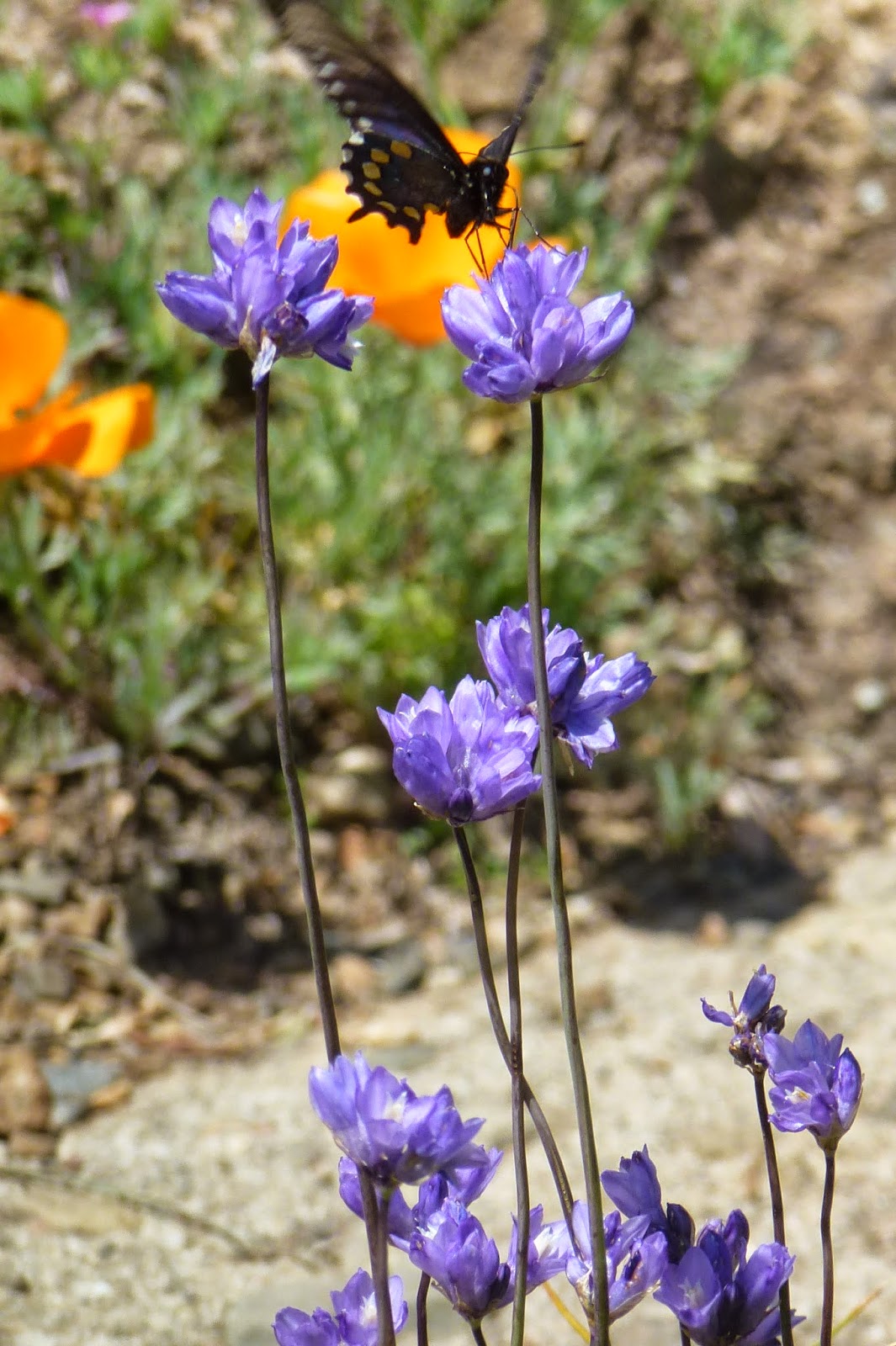Early this afternoon, we took our special favorite Rylka, aka Pookie or Twinkie to the vet. Her medical problems became too great and she stopped eating among many other symptoms. When we got out of the car at the vet's, she saw S take a drink of water; when she seemed thirsty, he poured lots of little drinks into my cupped hand and she drank them all. Then we went in to say goodbye. Late this afternoon we went together outside into our spring garden and this epiphyllium was in bloom. I didn't alter this photo!
Here she is this morning; she wasn't even tempted by an egg, which she usually likes.
Robert Frost was born in 1874 and was but an indifferent student in grade school. But he changed his strategy in high school and became an outstanding student.. He also edited the school paper and even played on the football team in his senior year. Here is a poem he wrote in his senior year, which he did not publish in the student paper. I decided last night I would share it tonight.. Because of today, I haven't read any further in the book; so as far as I am concerned, tonight he is still in high school.
Clear and Colder--Boston Common
As I went down through the common,
It was bright with the light of day,
For the wind and rain had swept the leaves
And the shadow of summer away.
The walks were all fresh-blacked with rain
As I went briskly down: ---
I felt my own quick step begin
The pace of the winter town.
As I went down through the common,
The sky was wild and pale;
I saw on tree with a jib of leaves
In the stress of the aftergale;
But the others rattled naked poles
As I went briskly down.
I felt my own quick step begin
The pace of the winter town.
As I went down through the common
In the crisp October dawn,
Benches were wet and stuck with leaves
And the idle ones were gone.
The folk abroad raced on with me
As I went briskly down.
I felt my own quick step begin
The pace of the winter town.
As I went through the common,
Then felt I first delight
Of the city's thronging winter days
And dazzling winter night,
Of the life and revelry to be---
As I went briskly down,
I felt my own quick step begin
The pace of the winter town.
Robert Frost, from Robert Frost; the early years 1874-1915
by Lawrance Thompson, Holt, Rinehart & Winston, 1966,
pp. 110-111.
When you write your poem on this model, remember that Robert Frost had been soaked in this kind of poetry--his mother was a schoolteacher and also a poet, and this sort of poem was very popular in America for many years. So don't expect yours to just rattle along like this. But strategies that might be useful, are reusing (perhaps with alterations as here) some of your best and most rhythmic material. Refrains, with alterations. Think about it! Also think about your place to walk and write a poem. Sleep well.






.jpg)






















